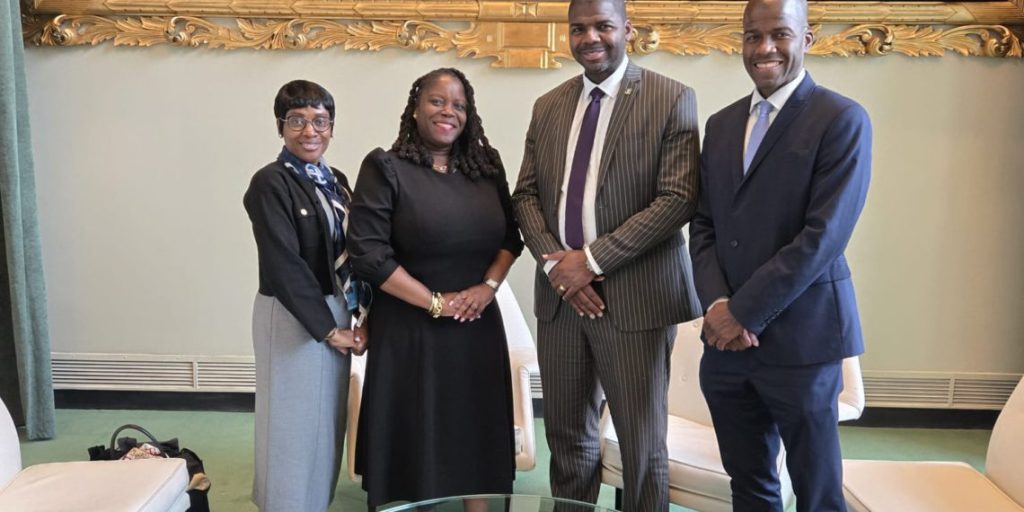Saint Kitts and Nevis Advocate for British Virgin Islands’ Self-Determination at UN Decolonization Committee Session.
The recent session of the United Nations Special Committee on Decolonization (C-24) witnessed a strong advocacy for the right to self-determination for the British Virgin Islands (BVI), championed by the delegation from Saint Kitts and Nevis. This intervention reflects a broader regional and international push for decolonization and raises pertinent questions about the future of remaining non-self-governing territories. The historical context of colonialism, the legal basis for self-determination, and the specific circumstances in the BVI provide a nuanced understanding of the ongoing debate.
The legacy of colonialism is a complex tapestry woven with threads of exploitation, cultural disruption, and political subjugation. For centuries, powerful nations extended their dominion over vast swathes of the globe, imposing their will and extracting resources from conquered territories. The effects of this historical dominance continue to resonate in former colonies, impacting their political structures, economic development, and social fabric. The call for self-determination is a direct response to this legacy, asserting the inherent right of peoples to freely determine their political status and pursue their economic, social, and cultural development.
The foundation of the right to self-determination is enshrined in international law, most prominently within the United Nations Charter and the 1960 Declaration on the Granting of Independence to Colonial Countries and Peoples. These instruments unequivocally affirm the principle of self-governance, stipulating that all peoples have the right to freely choose their political future. This includes the option of independence, integration with another state, or any other political arrangement freely determined by the people themselves. The C-24, established in 1961, plays a crucial role in overseeing the implementation of the Declaration and facilitating the process of decolonization.
The specific case of the BVI presents a unique set of circumstances within the broader decolonization discourse. As a British Overseas Territory, the BVI enjoys a degree of internal self-governance but remains under the ultimate sovereignty of the United Kingdom. Recent events, including inquiries into governance issues, have brought the question of the BVI’s future political status into sharp focus. The advocacy by Saint Kitts and Nevis at the C-24 reflects a growing regional awareness of the need for clarity on the BVI’s path towards self-determination. This intervention underscores the importance of regional solidarity and the collective responsibility of nations to support the right to self-determination.
The intervention by Saint Kitts and Nevis at the C-24 signifies not only a specific instance of support for the BVI but also a broader commitment to the principles of decolonization. By vocally advocating for the BVI’s right to self-determination, Saint Kitts and Nevis reinforces the international legal framework that upholds the principle of self-governance. This action resonates with the historical struggles of colonized peoples and serves as a reminder of the unfinished business of decolonization in the 21st century. It is a call for a renewed focus on the remaining non-self-governing territories and the imperative to empower them to freely choose their political destiny.
The discussions and outcomes of the C-24 session, including the advocacy by countries like Saint Kitts and Nevis, will contribute to shaping the future of decolonization efforts. The international community must remain vigilant in upholding the principles of self-determination and ensuring that all peoples have the opportunity to freely exercise this fundamental right. The case of the BVI serves as a contemporary example of the ongoing relevance of decolonization and the need for continued dialogue and action to achieve the full realization of self-determination for all remaining non-self-governing territories. The advocacy by Saint Kitts and Nevis highlights the importance of regional and international cooperation in this process.
Share this content:












Post Comment